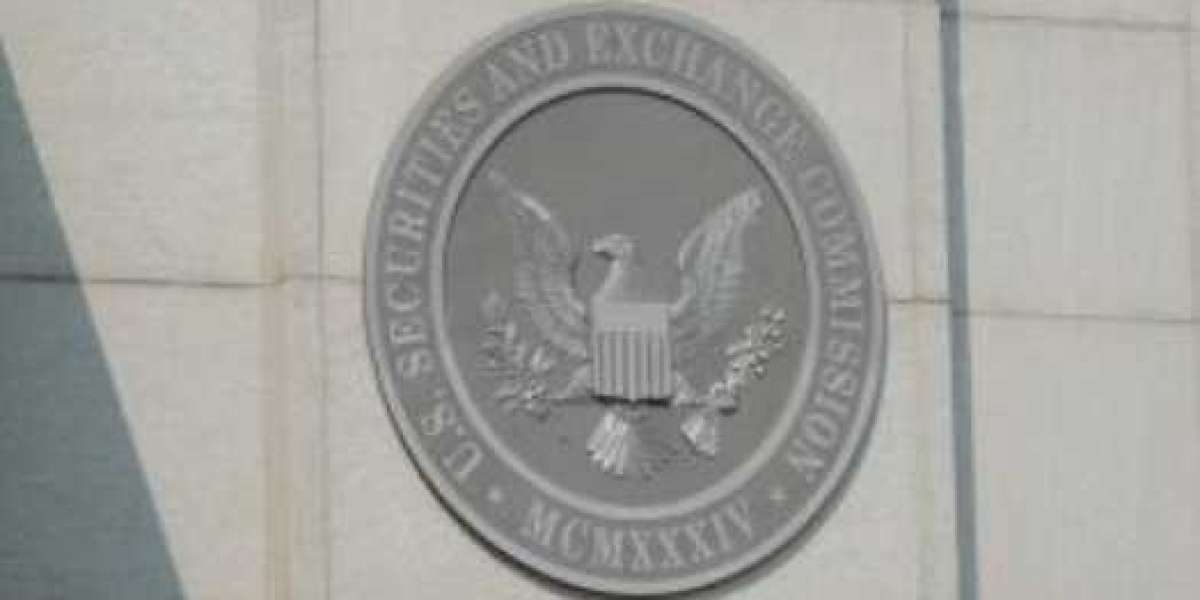Lawyers believe they may have to move. He also claimed the impact is unknown.
Over the past week, all but one of the native tokens of industry-leading protocols have fallen double digits.
Sean Farrell, FundStrat's head of digital asset analysis, said the lawsuit shouldn't surprise anyone who has followed the SEC's recent tactics. The SEC is seeking to impose on-ramps overseas with a significant legal cost.
Last week, the SEC sued Binance and Coinbase for selling unregistered securities. The case raises long-standing disputes about whether crypto assets are "securities," "commodities," or something else.early alert
ALSO READ: Nigeria Imposes A 10% Tax On Cryptocurrency Capital Gains
In March, the SEC sent Coinbase a "Wells notice" threatening litigation. Coinbase responded in April. Wells notices notify you of SEC enforcement action against a corporation. The SEC has monitored Binance for years.
Binance Coin (BNB) and Binance Dollar (BUSD) are the targets of the lawsuit against Binance.
Crypto specialists believe big U.S. exchanges are shunning BNB because to regulatory concerns. Given Binance's concentration, exchanges may not list BNB.
Both lawsuits target Solana (SOL), Cardano (ADA), Polygon (MATIC), Coti (COTI), Algorand (ALGO), Filecoin (FIL), Cosmos (ATOM), Sandbox (SAND), Axy Infiniti (AXS), Decentraland (MANA), Voyager (VGX), Chillies (CHZ), NEAR, FLOW, DASH, NEXO, Internet Computer (ICP), and many others.
“These tokens are kind of in the air right now,” said Clifford Chance attorneys Jesse Overall and Steve Gatti.
The attorneys added that token-trading exchanges, other market players, and developers will face uncertainty and hazards in the US until judicial judgements. continued.
Overall and Gatti emphasized that the SEC sued the token exchange rather than the token inventor.
ALSO READ: John Deaton, a crypto lawyer, rallies crypto users against the SEC.
US departure
Some analysts believe that cryptocurrency exchanges will be compelled to leave the US market if the SEC prevails.
"The question is whether this dispute will go to court, and if it does, judges will be more objective than the SEC in determining whether crypto assets are securities," industry officials said. "Many individuals believe," said SEC legal expert Ron Geffner.
If the SEC prevails, exchanges, issuers, and numerous service providers will have to reconsider whether they wish to continue doing business in the United States, and if they do, they will have to reevaluate their past activities and prospective transactions. Gefner said, "We must determine whether we can comply with federal securities laws and the best way to do so."
Farrell, like Gefner, believes that the token will no longer be listed in the United States if the SEC prevails. Farrell stated that he believes Congress will eventually enact "a bill that creates a safe harbor for teams that launch decentralized tokens over time." Stated.
protocol response
The Solana Foundation stated in a statement that it does not consider SOL to be a security.
"SOL is the native token of the Solana blockchain, a robust, open-source, community-based software project that relies on decentralized user and developer involvement to scale and evolve."
The NEAR Foundation disagreed with the SEC's decision to include NEAR in the complaint, asserting in a blog post last week that "the Foundation does not believe it violated applicable U.S. securities laws." "Foundations are regulated in Switzerland, and the NEAR token is classified as a payment token (rather than a security) under Swiss law," he explained.
IOG, the developer of Cardano, also disputes the SEC's claim that ADA, its native token, is a security. In response to the lawsuit, IOG stated, "In no way is the ADA a security under the Federal Securities Act, nor has it ever been a security."
MATIC, according to Polygon Labs, was "developed outside the United States," "deployed outside the United States," and "available to a large number of people, but only for actions that are never directed at the United States."
On June 9, the popular trading app Robinhood announced it will delist ADA, SOL, and MATIC on June 27. Other U.S. exchanges that list these tokens have taken no action as of yet.
The lawsuits filed against Coinbase and Binance may prompt other exchanges to delist certain tokens in order to avoid future litigation.
ALSO READ: Pioneers in AI, SingularityNET And InQubeta, May Change the Game
According to Joshua Ashley Klayman, Head of Fintech Americas and Head of Blockchain and Digital Assets at Linklaters LLP, "The SEC litigation against Binance and CZ [Binance's CEO] is not simply another. It will likely serve as a road map for future allegations trading platforms and market participants may encounter."
price
The value of the twelve tokens mentioned in the complaint against Binance has decreased over the past week. Decentraland and Sandbox fell 26% and 27%, respectively, to be among the hardest impacted.
Chillies, one of the tokens mentioned in the complaint against Coinbase, fell nearly 30%.
Farrell stated that a decline could be a purchasing opportunity.
In the coming days, these lawsuits and subsequent declines may prompt a sell-off and establish a solid reversal point.
Sheraz Ahmed, managing partner of STORM, stated that the short-term decline was anticipated and that he anticipates a rebound.
"Remember that a number of these tokens are affiliated with worthwhile blockchain initiatives. The share price of Coinbase fell 13%, but soon recovered to its previous levels as if no lawsuit had been filed. We anticipate that these tokens will also recover strongly."
Uncharted territory
Gatti stated that it is still unknown how developers and consumers will respond to the lawsuit. Will you discontinue utilizing the
"Because these assets are not conventional securities, it is accurate to say they are uncharted territory from a legal standpoint. According to Overall and Gatti, there is little precedent that indicates how securities laws apply or how the assets should be handled pending a judicial decision. It indicated.
|Translation and editing by Akiko Yamaguchi and Takayuki Masuda | Image by Nikhilesh De/CoinDesk



